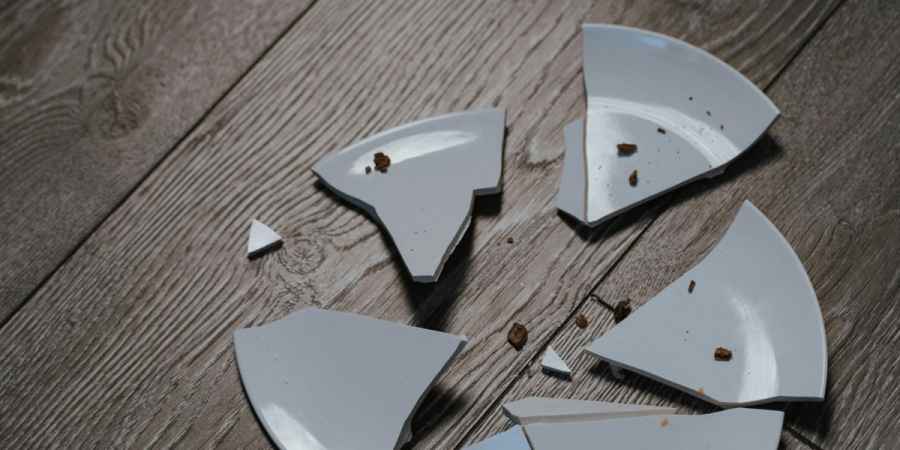
Photo: cottonbro studio

Photo: cottonbro studio
Parapsychology is often seen as research into psychic abilities, such as telepathy or clairvoyance, conducted in controlled lab environments. However, it also involves studying postmortem survival, which means parapsychologists might conduct field studies into spontaneous cases. But what exactly is a spontaneous case?
If you've ever experienced something strange at home like objects moving by themselves, or hearing a voice in an empty room, then you might have had what parapsychologists call a "spontaneous case."
Spontaneous cases refer to paranormal events that happen in everyday life, without anyone looking for them or trying to make them happen. Unlike the activity that ghost hunters might attempt to seek out or encourage during a paranormal investigation, spontaneous phenomena are unexpected and often fleeting. The term covers the whole range of paranormal experiences from seeing an apparition or witnessing poltergeist activity, to having an inexplicable premonition.
The term "spontaneous" doesn't mean random or meaningless. It highlights that these occurrences happen outside of controlled conditions. They’re not staged, induced or even conjured, which makes them feel more genuine to those experiencing them, but also harder to study for those trying to understand them.
Since spontaneous cases by their very nature occur in locations that aren't controlled environments, why do they interest parapsychologists? After all, parapsychologists generally spend their time testing claims of psychic abilities in a lab or an environment that offers controlled conditions.
Spontaneous cases are appealing to researchers as they often involve real people in real situations, which means they can provide insights into how paranormal experiences impact people's lives. For example, experiencing a ghostly presence might lead someone to re-evaluate their belief in the afterlife or feel a sense of connection with a lost loved one.
Researching spontaneous cases also helps parapsychologists to understand the psychological factors that might lead someone to interpret everyday occurrences as paranormal in nature. Spontaneous cases also offer researchers the chance to look for common patterns in reported experiences. For example, by interviewing those involved in poltergeist cases, researchers might find that they most often occur in homes with teenagers or pets living there, or perhaps even those that are built on ancient Indian burial grounds.
Investigating spontaneous cases is a lot more like detective work than it is like traditional science, or being a Ghostbuster for that matter. Parapsychologists often rely on witness testimonies, interviews, and site visits. They first look for natural explanations before considering a paranormal explanation. They might consider things like draughts causing doors to move or faulty wiring causing strange noises. Unlike ghost hunters, who focus on gathering evidence using tools like EMF meters and spirit boxes, parapsychologists approach spontaneous cases with an open but skeptical mindset, aiming to understand the psychological and environmental factors that might explain these events.
By collecting as many details as possible, researchers hope to understand the bigger picture that could shed light on paranormal phenomena. They’re not necessarily trying to prove or debunk these events, but rather to gather data that might help make sense of the strange experiences people report.
If you're interested in investigating spontaneous cases for yourself, there's some excellent guidance available from the Society for Psychical Research (SPR) in the form of a series of Investigator Quick Guides, which can be downloaded for free from SPR's website. The guides cover topics ranging from analysing pictures and sounds to planning investigations and recording findings.
These quick guides are based on Steve Parsons' well-regarded books 'Guidance Notes for Investigators of Spontaneous Cases' and 'Using Equipment: Guidance Notes for Investigators of Apparitions, Hauntings, Poltergeists and Similar Phenomena', which are a must-read for anyone looking to learn more about investigation methods or gaining information about some of the equipment commonly used by investigators.
More Essential Parapsychology
See All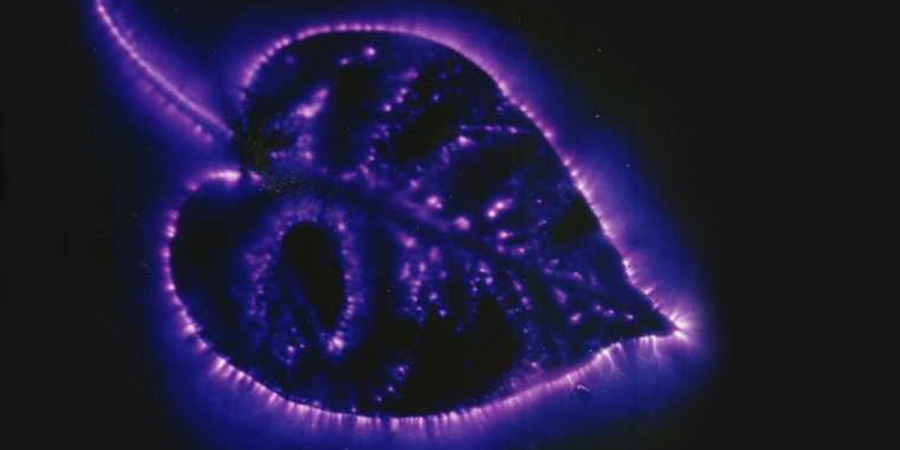
ArrayOctober 11, 2024
The Reality Behind Kirlian Photography’s Glowing Auras
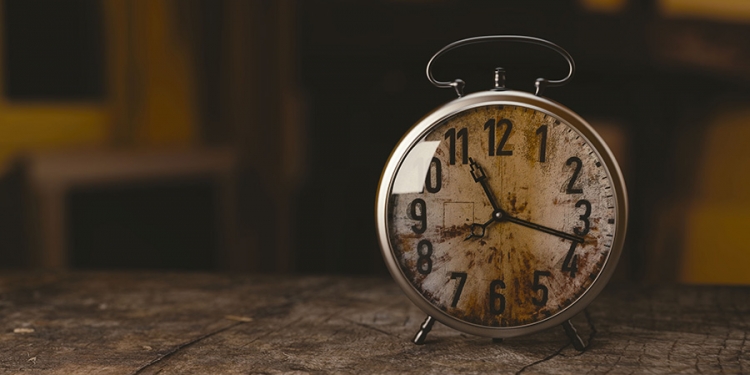
ArrayOctober 07, 2024
Could Retroactive Psychokinesis Allow Us To Influence The Past?
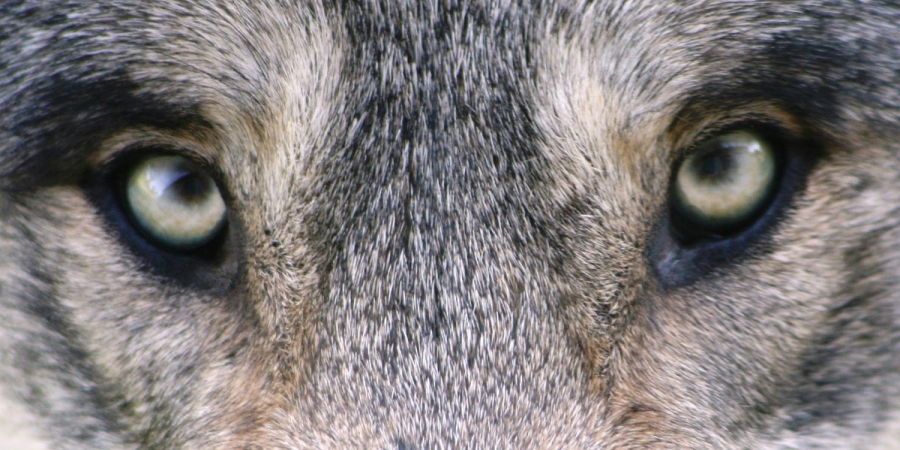
ArrayOctober 04, 2024
Werewolves, Royal Connections, & Real-Life Exorcisms
Learn With Higgypop
Hosted by Paralearning in association with Higgypop, these courses on ghost hunting, paranormal investigations, and occult practices draw on the experience of our team of paranormal writers.
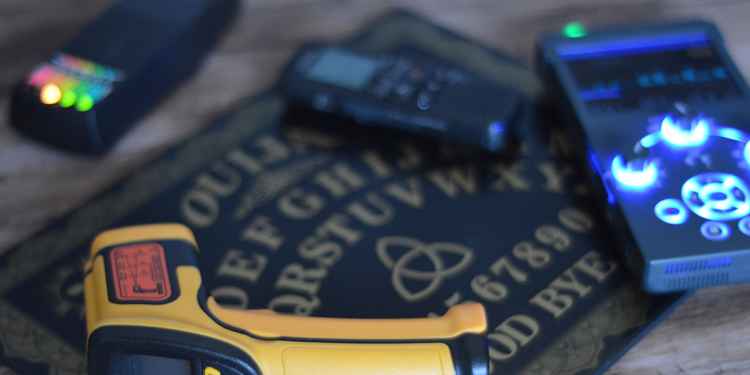
Diploma In Practical Ghost Hunting & Scientific Analysis
This course gives you practical and useful knowledge of ghost hunting and paranormal research, which is invaluable when conducting your own paranormal investigations or as part of a group event.
View Course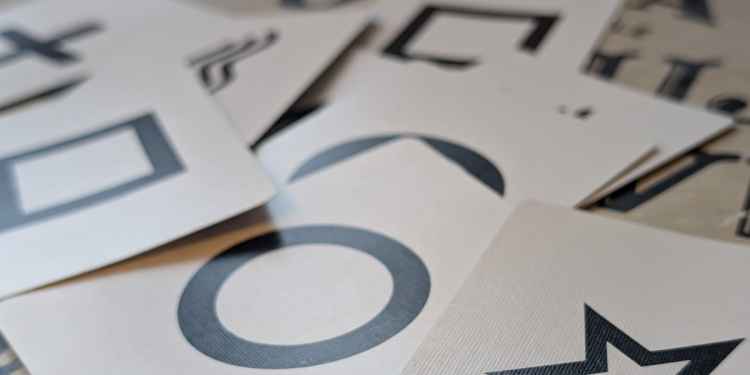
Diploma In Parapsychology & Psychic Phenomena
This course gives you practical and useful knowledge of ghost hunting and paranormal research, which is invaluable when conducting your own paranormal investigations or as part of a group event.
View CourseMore Like This
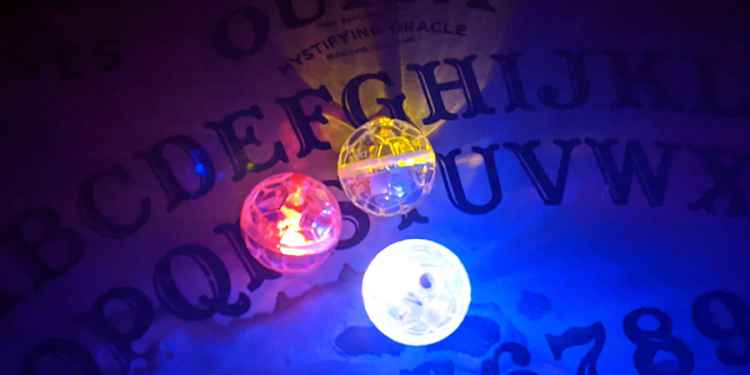
Ghost HuntingJanuary 26, 2025
These Are The Ghost Hunting Gadgets You Should Avoid If You Want To Be Taken Seriously As An Investigator
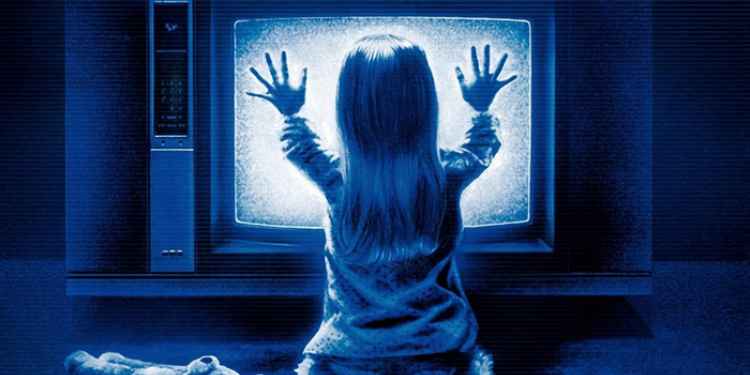
GamesDecember 09, 2024
Poltergeist Quiz
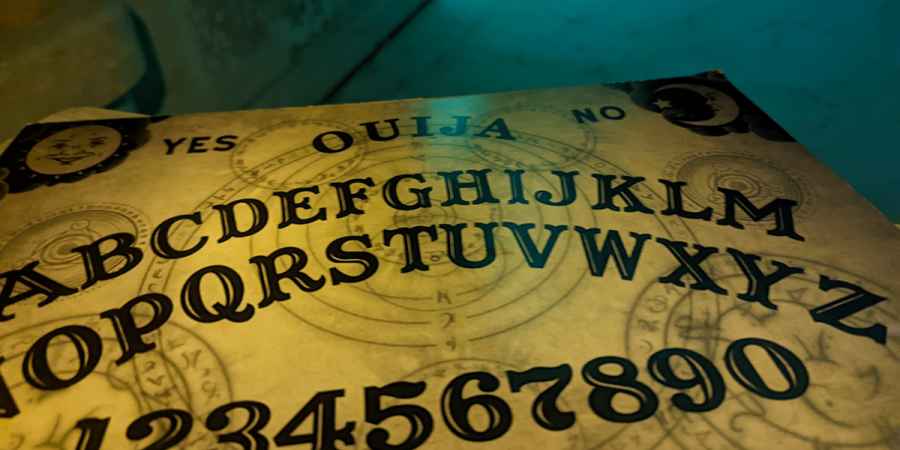
GamesDecember 08, 2024
Ouija Board Trivia Challenge
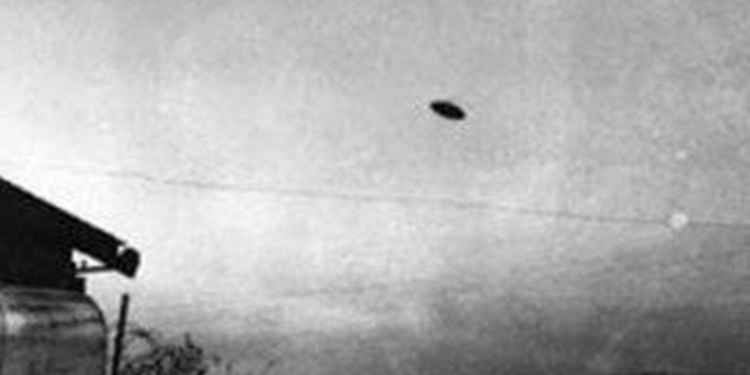
GamesDecember 04, 2024
Fakes, Hoaxes & Debunked Paranormal Claims Quiz
 See More on Audible
See More on Audible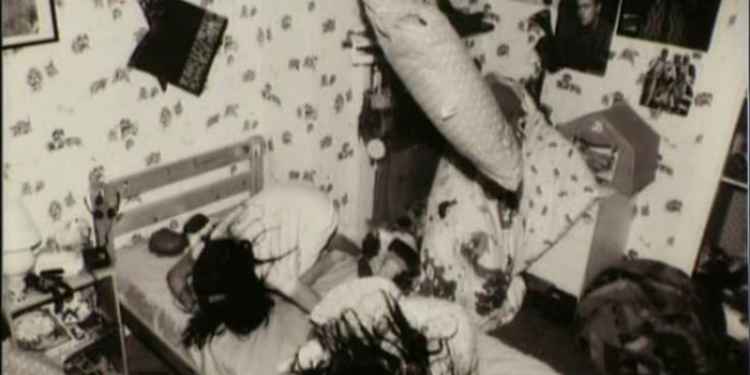

Comments
Want To Join The Conversation?
Sign in or create an account to leave a comment.
Sign In
Create Account
Account Settings
Be the first to comment.